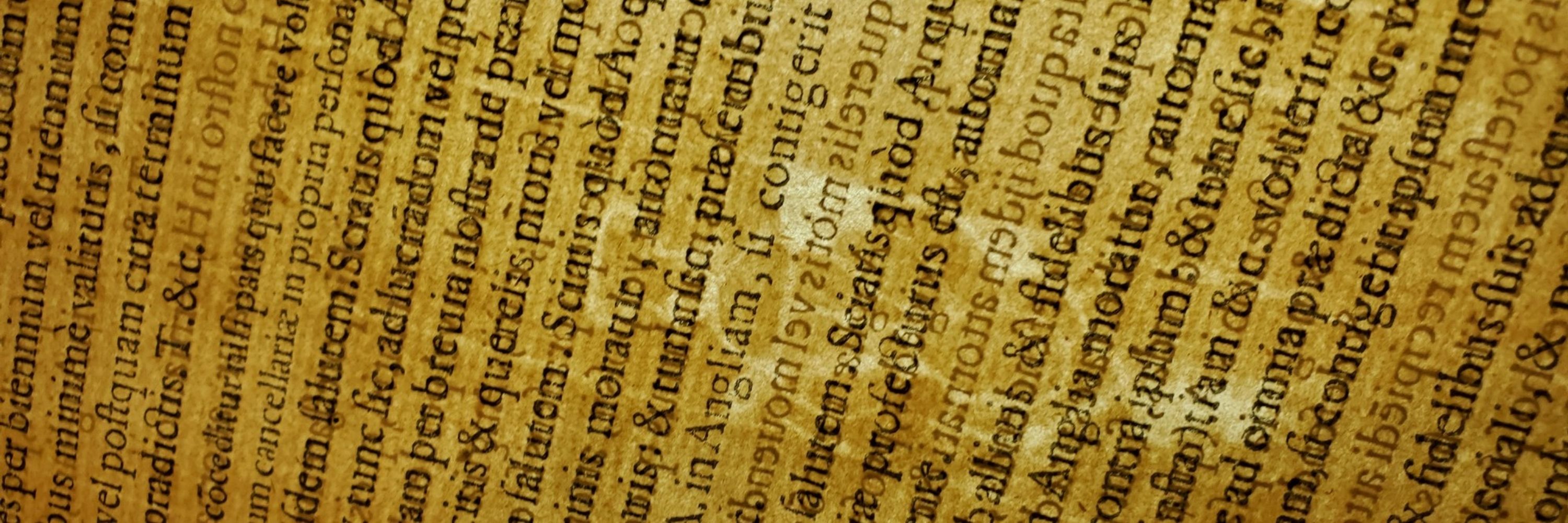
Heidi Zmick
@hczmick.bsky.social
33 followers
21 following
11 posts
Researching late medieval/early modern (14th-16th c.) gender, religious practice, dance, and materiality. PhD student UVA. Public Historian. she/they 🏳️🌈.
Posts
Media
Videos
Starter Packs
Heidi Zmick
@hczmick.bsky.social
· May 23
Heidi Zmick
@hczmick.bsky.social
· Jan 20
Heidi Zmick
@hczmick.bsky.social
· Jan 20
Heidi Zmick
@hczmick.bsky.social
· Jan 20
Heidi Zmick
@hczmick.bsky.social
· Jan 20
Heidi Zmick
@hczmick.bsky.social
· Jan 20
Heidi Zmick
@hczmick.bsky.social
· Jan 20
Heidi Zmick
@hczmick.bsky.social
· Jan 19




